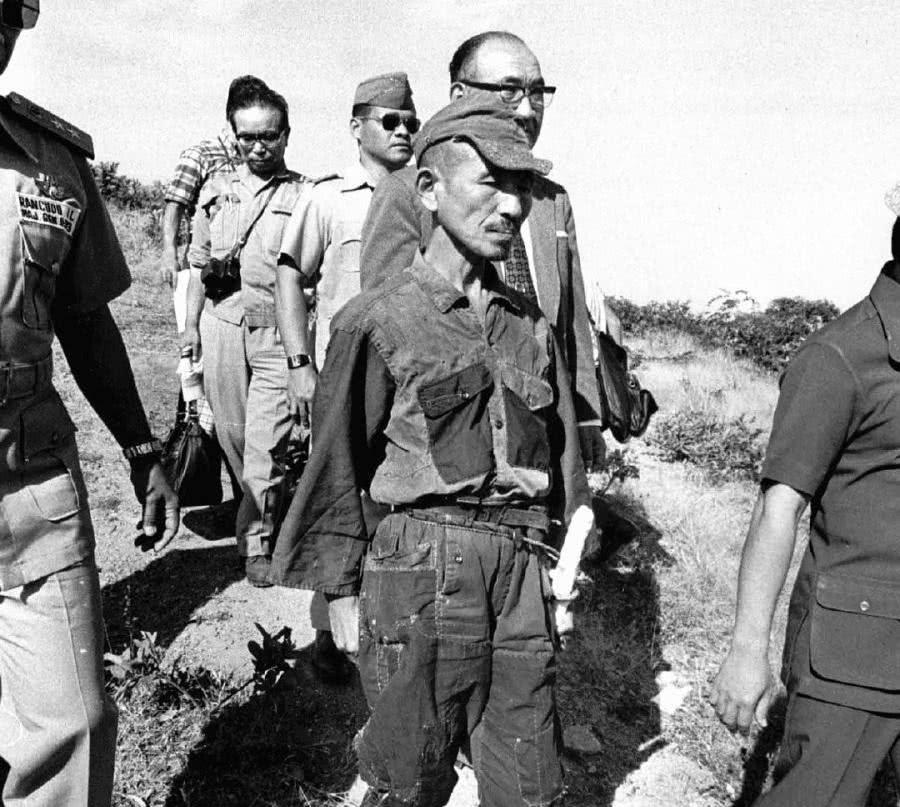Ono Introduction
In 1974, Japanese Sergeant Hiroshi Onoda surrendered to philippine authorities in the Philippines, becoming the last Japanese soldier in World War II history to surrender.
Ono finally surrendered because at the end of World War II, Ono was ordered to lead his troops to fight guerrilla warfare in the mountains of the Philippines, and the advantage of the mountains was that they could prevent the encirclement and suppression of the opposing side's large troops, and the disadvantage was that the news was not smooth - such as the news of Japan's surrender, Ono did not learn of this news until 1974, and finally considered surrendering - at this time, the small unit led by Ono was left alone.

After Ono surrendered to the Philippine authorities, the Philippine authorities announced a pardon for Ono, and Ono returned to Japan and died on New Year's Day in 2014. For forty years, from 1974 to 2014, Ono lived in Brazil most of the time, and the immigration to Brazil began in the second year from Ono's return to Japan.
Miniature of Ono
In a sociological sense, Onoda represents himself as an individual, but also represents an era and a group.
In recent years, there has been a popular saying on China's website: there is no unjust soul under the nuclear bomb. The reason is that although during the U.S. nuclear attacks on Hiroshima and Nagasaki, a large number of Japanese civilians were killed. However, these Japanese civilians are supportive of Japan's expansionist behavior.
During World War II, in Japan, with the exception of a few progressives who opposed the war, a large number of Japanese civilians, especially the poor, actively supported the war. One of the reasons is that the war can benefit Japan's foreign plunder, and in the process of the war, the children of the poor can use this miracle to usher in a counterattack and turnaround. As a result, Japanese civilians are active supporters of Japan's foreign wars.
As a teenager, Ono grew up in such a social atmosphere and became an active supporter of militarism. The war waged by militarism did give Ono a boon — becoming a petty officer made Ono even more desperate for militarism.
Therefore, after the Japanese Emperor announced his surrender, many Japanese officers and even soldiers similar to Ono suddenly felt that their faith was broken and their future was uncertain, so they chose to commit suicide.
Ono's attitude towards New Japan
Support for Ono's continued solitary struggle in the decades after the war came from Ono's belief in militarism. When Ono returned to Japan, he found that Japan, which had been restructured by the United States and other Western powers, was completely different from the military era - especially the stifling of militarism and the denial of the right to war, which made Ono feel very angry and unacceptable. But after not accepting it, Ono couldn't change anything.
So, out of utter sorrow, Ono left Japan for Brazil—a protest against Ono, a protest against a peaceful Japan.
As for ono, such a "patriotic thief", I hope that there will be no more occurrences in human history.